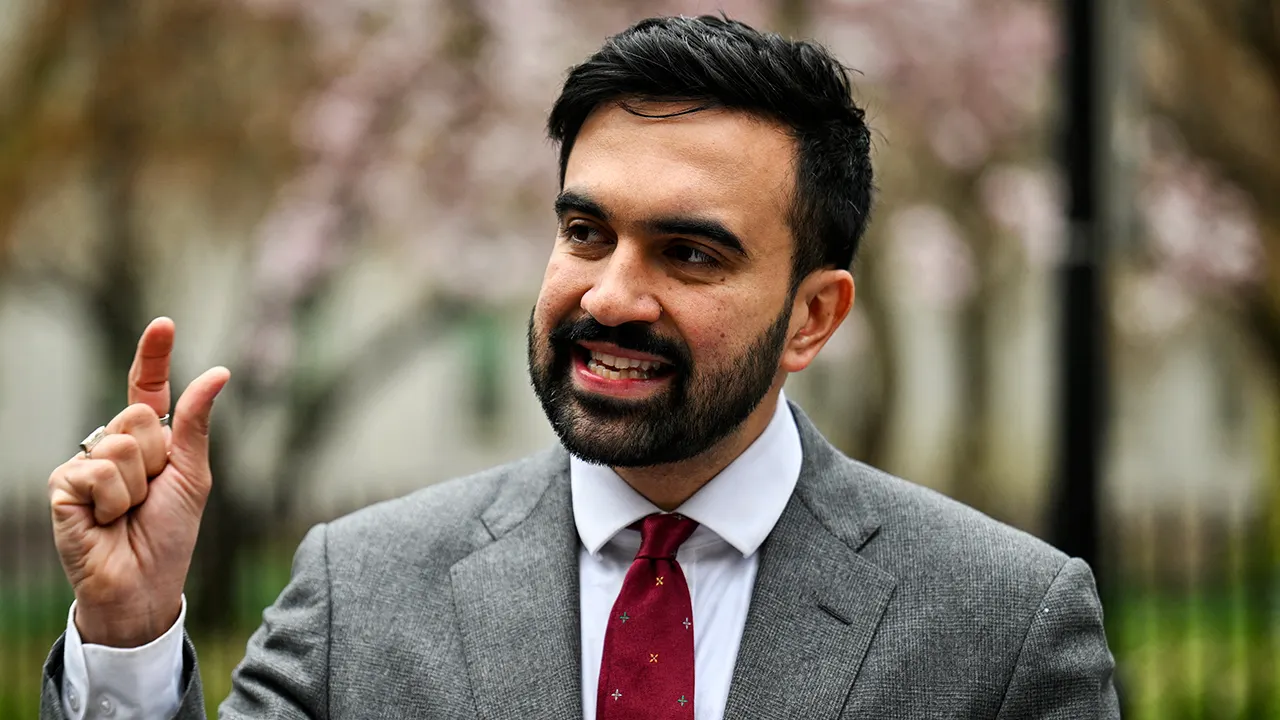A commitment to international law “goes absolutely to the heart” of Sir Keir Starmer’s government and its approach to foreign policy, the attorney general has told the BBC.
In his first broadcast interview, Lord Richard Hermer, who is the Cabinet’s chief legal adviser, said that the government was determined to “lead on international law issues” globally.
He argued that this has enabled the UK to strike economic deals with the US, India and the EU in recent months.
The attorney general also defended Starmer’s decision to seek a “warm” relationship with President Trump even at the expense of “short-term political gain”.
Lord Hermer’s comments, which came in a full extended interview for an upcoming BBC Radio 4 programme Starmer’s Stormy Year, were made before recent speculation about his legal advice regarding the government’s approach to the conflict between Israel and Iran.
Nevertheless, they help to illuminate the approach being taken by one of the most powerful figures in government, as ministers navigate a perilous diplomatic moment.
On Monday, the government repeatedly declined to say whether it believed that America’s strikes on Iran were legal, arguing that this was not a question for British ministers to assess.
The approach to the law taken by Hermer, an old friend of the prime minister who had no political profile prior to his surprise appointment almost a year ago, has been a persistent controversy throughout Starmer’s premiership.
Asked whether international law was a “red line” for the prime minister in foreign policy, Hermer replied: “If you ask me what’s Keir’s kind of principal overriding interest, it is genuinely to make life better for the people of this country.”
He continued: “Is international law important to this government and to this prime minister? Of course it is.
“It’s important in and of itself, but it’s also important because it goes absolutely to the heart of what we’re trying to achieve, which is to make life better for people in this country.
“And so I am absolutely convinced, and I think the government is completely united on this, that actually by ensuring that we are complying with all forms of law – domestic law and international law – we serve the national interest.”
Hermer added: “Look, we’ve just entered trade deals with the United States, with India, with the EU, and we’re able to do that because we’re back on the world stage as a country whose word is their bond.
“No one wants to do deals with people they don’t trust. No one wants to sign international agreements with a country that’s got a government that’s saying, well, ‘we may comply with it, we may not’.
“We do. We succeed. We secure those trade deals, which are essential for making people’s lives better in this country.
“We secure deals on migration with France, with Germany, with Iraq, that are going to deal with some of the other fundamental problems that we face, and we can do that because we comply, and we’re seen to comply and indeed lead on international law issues.
“Being a good faith player in international law is overwhelmingly in the national interests of this country.”
Speaking about the UK’s relationship with the US more generally, Hermer said: “It’s a relationship that will no doubt at various points have various different pressures, but it is an absolutely vital one for us to have.
“I think the approach that Keir has taken, which is never to give in to that kind of Love Actually instinct for short-term political gain, but rather to ensure that our relationship with the United States remains warm, that channels of communication are always open, that there is mutual respect between us.
“I think that is overwhelmingly in this country’s interests.”
In the 2003 film Love Actually, a fictional prime minister contradicts a US president during a press conference.
Earlier this year, Hermer said he regretted “clumsy” remarks in which he compared calls for the UK to depart from international law and arguments made in 1930s Germany.
In a speech, he criticised politicians who argue the UK should abandon “the constraints of international law in favour of raw power”, saying similar claims had been made by legal theorists in Germany in the years before the Nazis came to power.
Some Conservatives and Reform UK have called for the UK to withdraw from the European Convention on Human Rights (ECHR).






